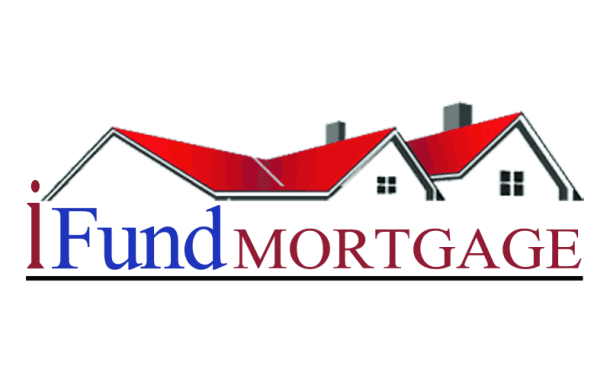Mortgage Interest Rates
When researching mortgage rates, it’s important to remember your mortgage interest rate is personalized just for you. The rates lenders offer are based on market conditions, your personal finances, how much you want to borrow, and much more.
Lenders consider many factors before they calculate an interest rate. These factors can affect the interest rate you might get to buy or refinance a home or get cash from your home equity.
- Current interest rates
The Fed Funds Rate (that is, the interest rate at which depository institutions lend money to each other overnight) is set by the Federal Reserve Board. This rate has a big impact on the interest rates lenders charge. Lower rates usually mean you’ll pay less interest. Keep in mind that mortgage rates can fluctuate daily.
- Your credit score
People with higher credit scores generally get better interest rates than people with lower credit scores. Many financial professionals recommend you look for ways to improve your credit score before you apply for a mortgage or refinance your home. A better credit score can lead to a lower interest rate and save you money over time.
- Paying for points
Points are a way to “buy” a lower interest rate. One point is equal to 1% of the loan amount. For instance, on a $200,000 mortgage, one point for that mortgage would cost $2,000. Be aware of offers that show a low interest rate but require you pay points. To better understand the total cost of a mortgage offer.
- The term of the mortgage
The number of years you have to pay back a mortgage is known as the loan’s “term.” A 30 year mortgage means you have 30 years to pay the loan back. Loan term can affect interest rates. Longer term loans usually have higher interest rates than mortgages with shorter terms. A shorter-term loan might lower your interest rate and save you money over the life of the loan.
- Type of loan
There are many types of loans you might get to buy a home, refinance a home, or get cash from your home equity. These loans include …
1- FHA loans
2- Conventional loans
3- VA loans
4- USDA loans
FHA, VA, and USDA loans are offered by private lenders and backed by the federal government. Conventional loans are offered by private lenders without government backing. The interest rate you might get can vary by the type of loan.
- Fixed rate or adjustable rate
When loans have a fixed rate, the amount of money you pay in interest stays the same. When loans have an adjustable rate, the amount of money you pay in interest can change over time. Generally speaking, adjustable rate mortgages have lower initial interest rates than fixed rate mortgages.
- How much money you want to borrow
The size of your loan can affect the mortgage rate. Sometimes lenders charge a higher interest rate to people who want to borrow larger amounts of money than the typical borrower. These mortgages are often called “jumbo loans.”
When you are buying a house, the amount of your down payment can influence your mortgage rate. Making a larger down payment might help you get a slightly lower interest rate. Lenders see those able to make larger down payments as less risky. Larger down payments mean less chance you’ll walk away from the house and lose the value of your down payment.
Another way to think about a down payment’s impact on your mortgage rate is to calculate a loan-to-value ratio (or “LTV”). You get a loan-to-value ratio by dividing your mortgage amount by the value of your home. For example, if you want to buy a $250,000 home with a $50,000 down payment and a $200,000 mortgage, then your LTV is 80%. (That is, $200,000 ÷ $250,000 = 0.80 or 80%.)
Lenders tend to see mortgages with higher loan-to-value ratios as more risky than mortgages with lower LTVs, and many charge higher interest rates as a result.
When refinancing, your LTV can affect your mortgage rate too. Lenders consider your home’s fair market value to calculate your loan-to-value ratio during a refinance since your home’s value may have changed since you purchased or last refinanced.
For example, if the home you bought for $250,000 is now worth $300,000, and you owe $180,000 on the mortgage, then your LTV is 60%. ($180,000 ÷ $300,000 = 0.60 or 60%.) Lenders typically see refinance loans with lower loan-to-value ratios as less risky, and may offer a lower interest rate as a result.
Keep in mind that cash out refinances tend to increase your LTV. With a cash out refinance, you replace your current mortgage with a new mortgage for a higher amount and get the difference in cash at closing. Let’s say your house is worth $300,000, you owe $180,000 on your mortgage, and you want to borrow $30,000 with a cash out refinance. That means the amount of your new mortgage will be $210,000 and your LTV will be 70%. ($210,000 ÷ $300,000 = 0.70 or 70%.) This higher loan-to-value ratio might affect your mortgage interest rate.


FACEBOOK COMMENTS WILL BE SHOWN ONLY WHEN YOUR SITE IS ONLINE